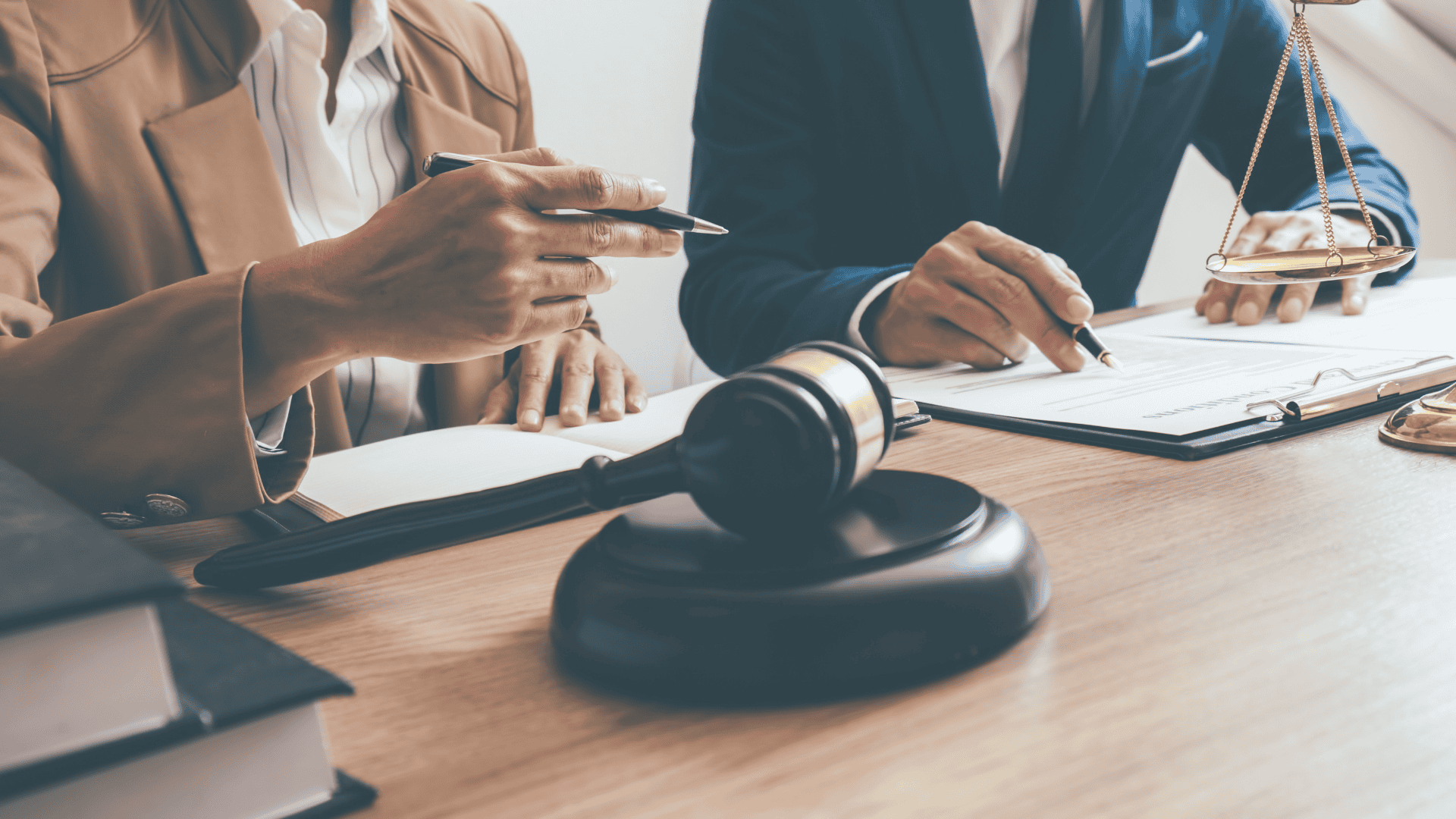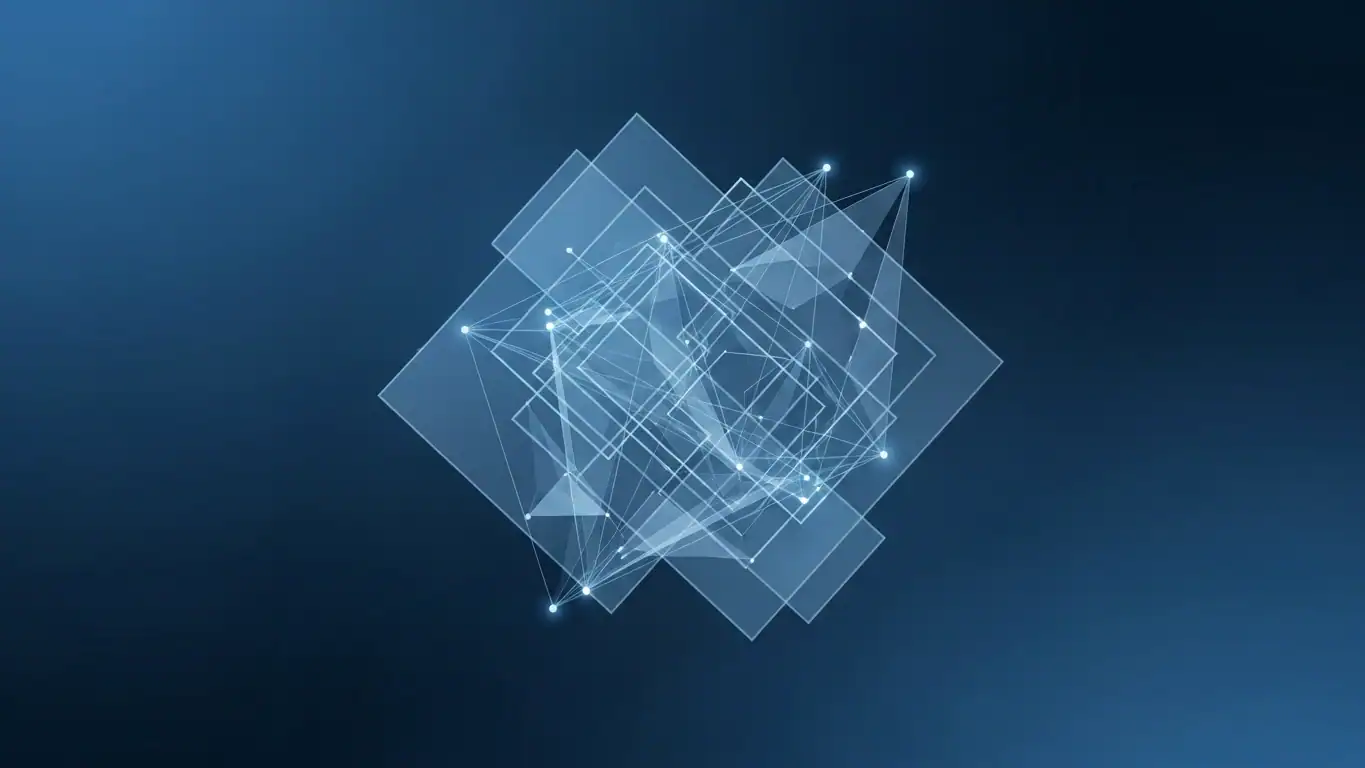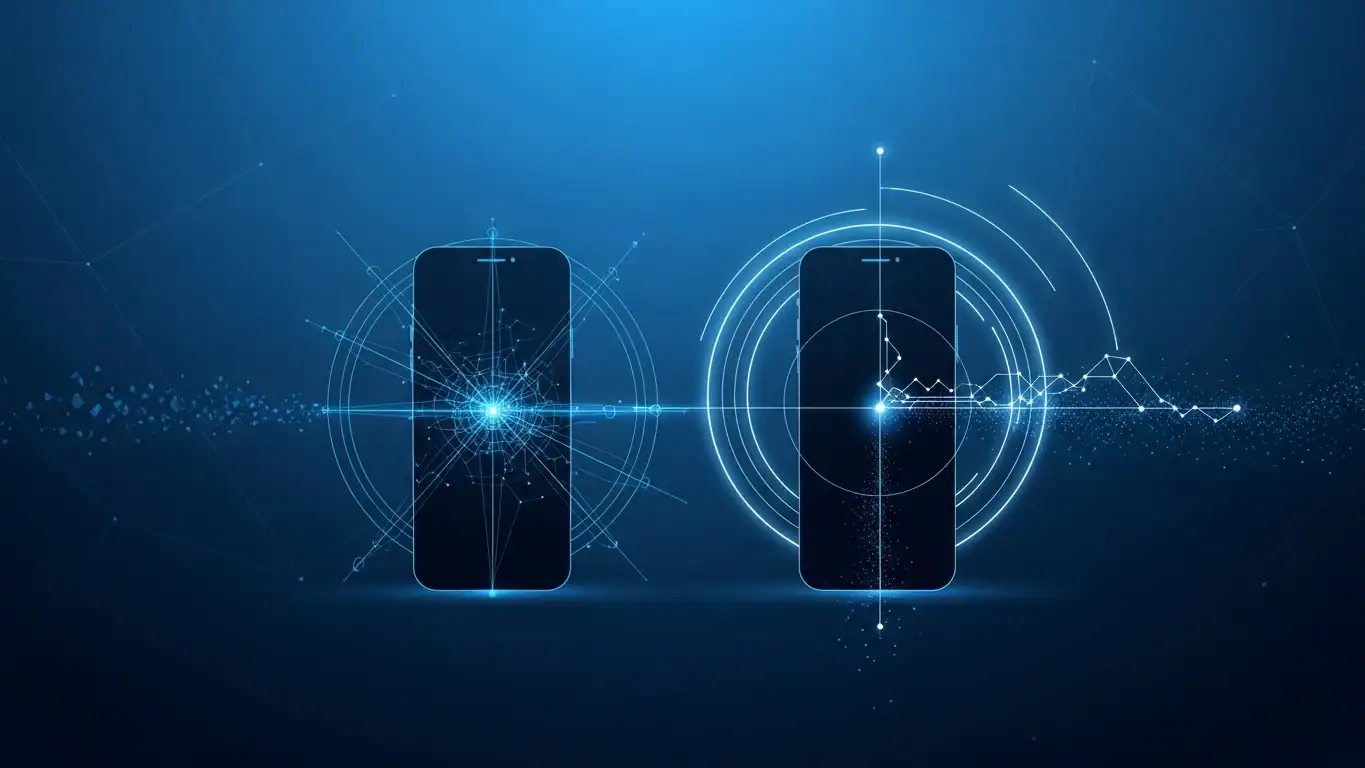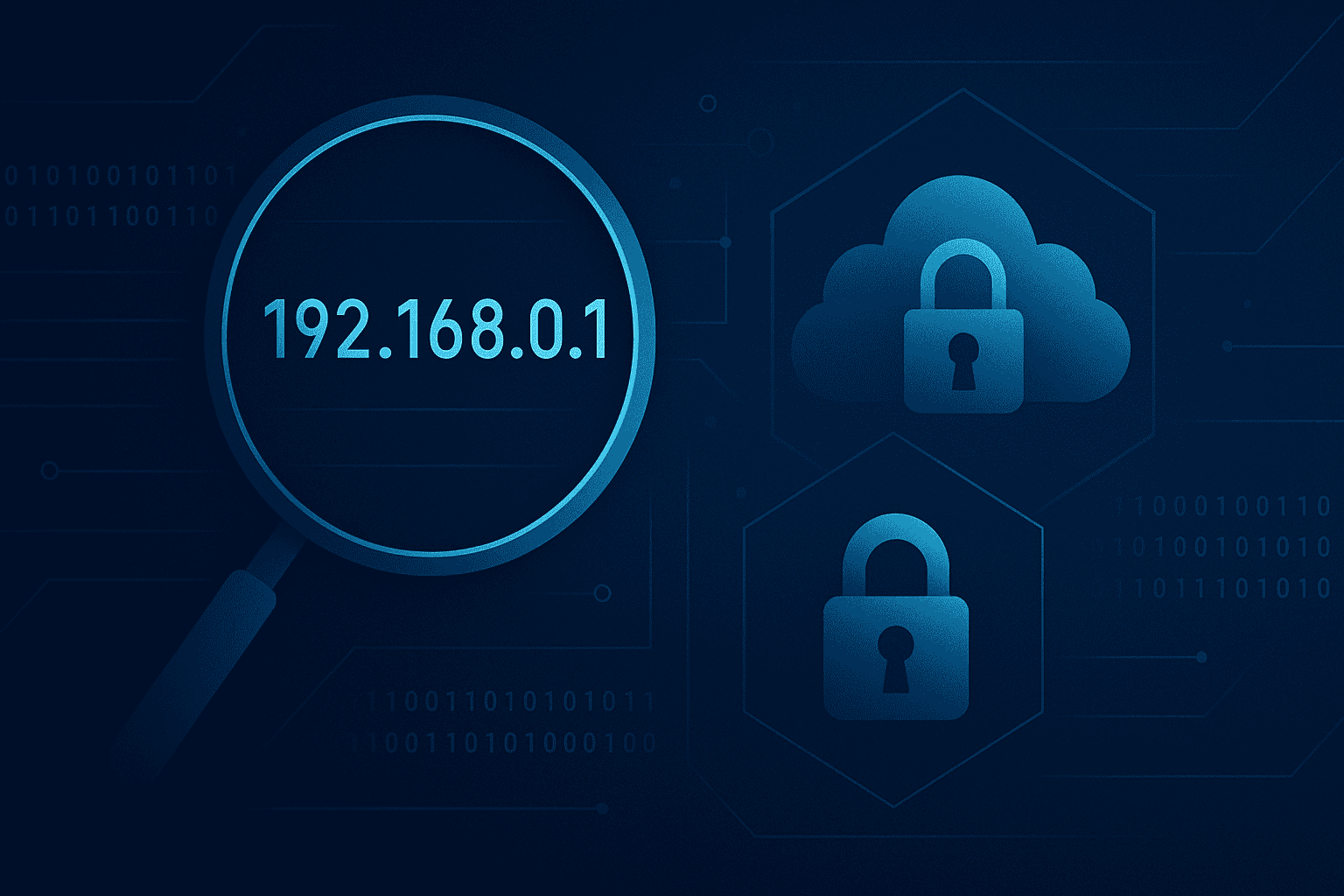In our previous post, Digital Forensics Defense Strategy: Pre-Trial Preparation Tips, we explored how engaging a legal digital forensics specialist early can strengthen your defense strategy before trial. Now, we turn to the courtroom, where that expert plays two critical roles: consultant and witness.
The Expert’s Role in the Courtroom
As a consultant, your digital forensics expert in court helps you prepare for cross-examination by identifying weaknesses in the opposing expert’s analysis. They advise on key questions such as, “What procedures were followed during the collection of the device?” or “Were industry-standard forensic tools used?” This approach highlights any deficiencies in the prosecution’s evidence.
When the forensic expert witness takes the stand, they simplify complex technical findings into clear, understandable language. Their testimony demystifies digital evidence for the judge and jury, ensuring that their findings remain clear and impactful rather than buried in technical jargon.
An effective digital forensics witness explains their analysis process, the tools used, and the implications of their findings in plain English. They may use analogies—such as comparing file recovery to retrieving a crumpled page from a trash can—to help jurors grasp abstract concepts. This clarity reinforces your defense narrative and instills confidence in the court regarding the reliability of the evidence. Moreover, if your trial strategy involves challenging the prosecution’s forensic methods, your expert can testify about the proper procedures that should have been followed and highlight any deviations that may have compromised the evidence.
Choosing the Right Digital Forensics Expert
Selecting the right expert is crucial. Not every individual with technical expertise qualifies as a legal digital forensics specialist. When evaluating potential experts, consider the following factors:
Technical Expertise and Credentials
Look for an expert with extensive experience handling the specific types of digital evidence relevant to your case, such as computer hard drives, mobile devices, or cloud data. Certifications and formal training indicate competence [1]. Courtroom experience is also vital; an expert with a history of testifying in similar cases will likely be more effective.
Communication Skills
The ideal courtroom digital forensics expert must translate technical jargon into clear, understandable language. Their ability to simplify complex concepts for judges and jurors is as important as their technical expertise. Reviewing past testimony transcripts or requesting references helps assess an expert’s communication style.
Familiarity with the Legal Process
The best experts understand the legal framework in which they operate. They are familiar with attorney-client privilege, deadlines for reports and disclosures, and the overall pace of litigation. An expert who collaborates effectively with legal counsel and contributes to shaping the defense strategy is invaluable [2].
Credibility and Professionalism
Vetting an expert’s reputation is essential. Any hint of bias or prior disqualification can weaken your case. Ensure that the expert maintains independence and a high level of professional integrity [3].
By carefully considering these factors, you can select a forensic expert witness who not only understands the technical aspects of the evidence but also has the courtroom presence necessary to make a persuasive impact.
Looking Ahead: Real-World Impact in Court
The impact of digital forensics experts in court extends beyond theoretical advantages—they have played decisive roles in real-world cases. In our next post, Real-World Impact: Case Studies and Conclusion, we will analyze landmark cases where forensic experts shaped case outcomes.
[1] N. Zahadat, “Digital Forensics, A Need for Credentials and Standards,” Journal of Digital Forensics, Security and Law, vol. 14, no. 1, Article 3, 2019, doi: https://doi.org/10.15394/jdfsl.2019.1560. [Online]. Available: https://commons.erau.edu/jdfsl/vol14/iss1/3.
[2] Hackman, L. (2021). Communication, forensic science, and the law. Wiley Interdisciplinary Reviews: Forensic Science, 3(2), e1396. [Online]. Available: https://wires.onlinelibrary.wiley.com/doi/full/10.1002/wfs2.1396.
[3] Schroeder, S. C. (2005). How to be a digital forensic expert witness. First International Workshop on Systematic Approaches to Digital Forensic Engineering (SADFE'05), pp. 69-85. IEEE. [Online]. Available: https://ieeexplore.ieee.org/abstract/document/1592523.




